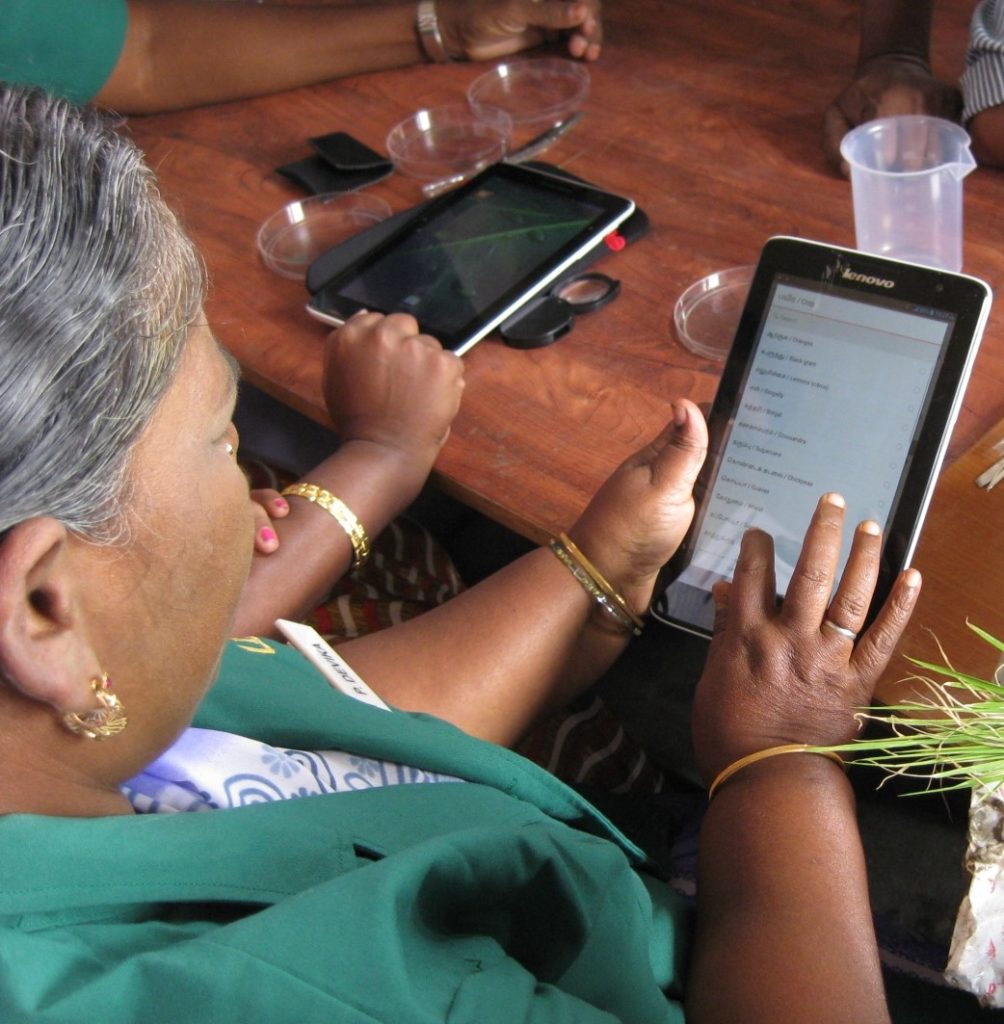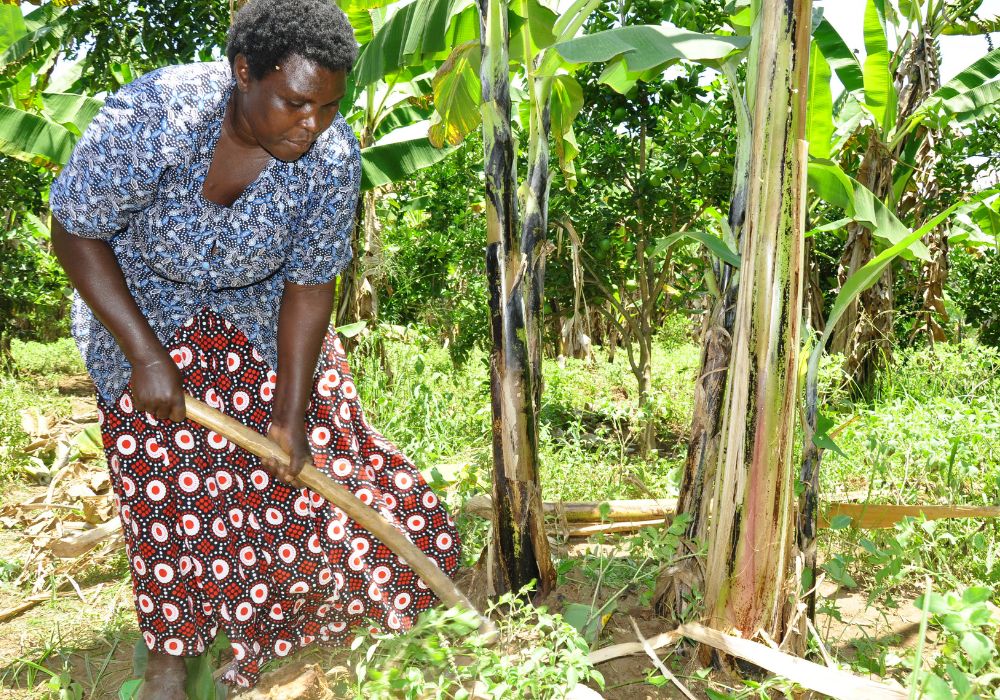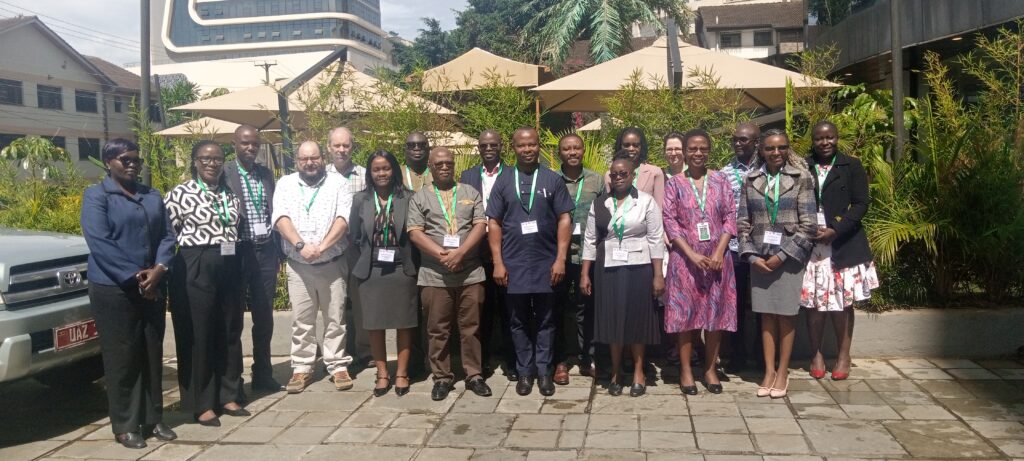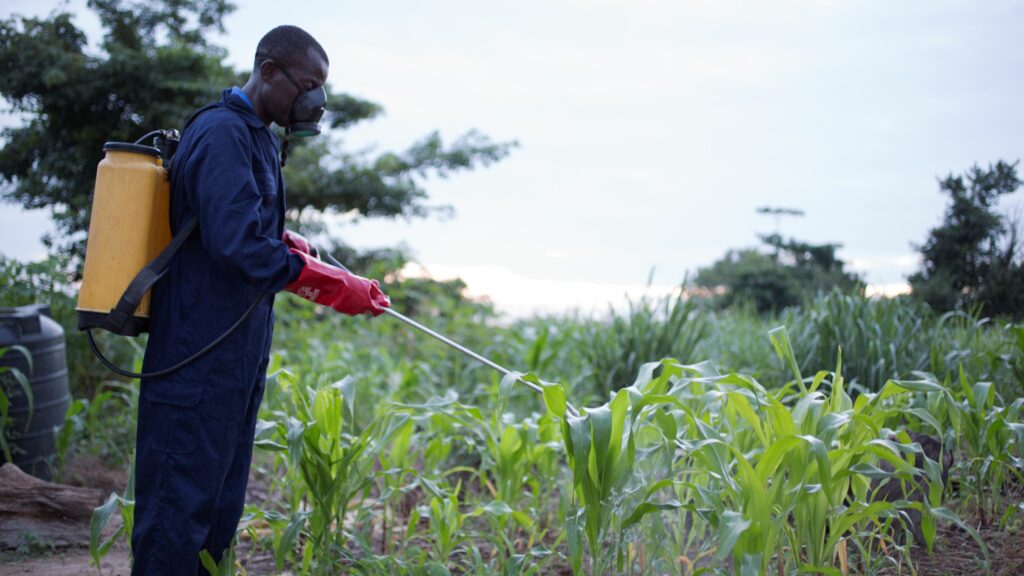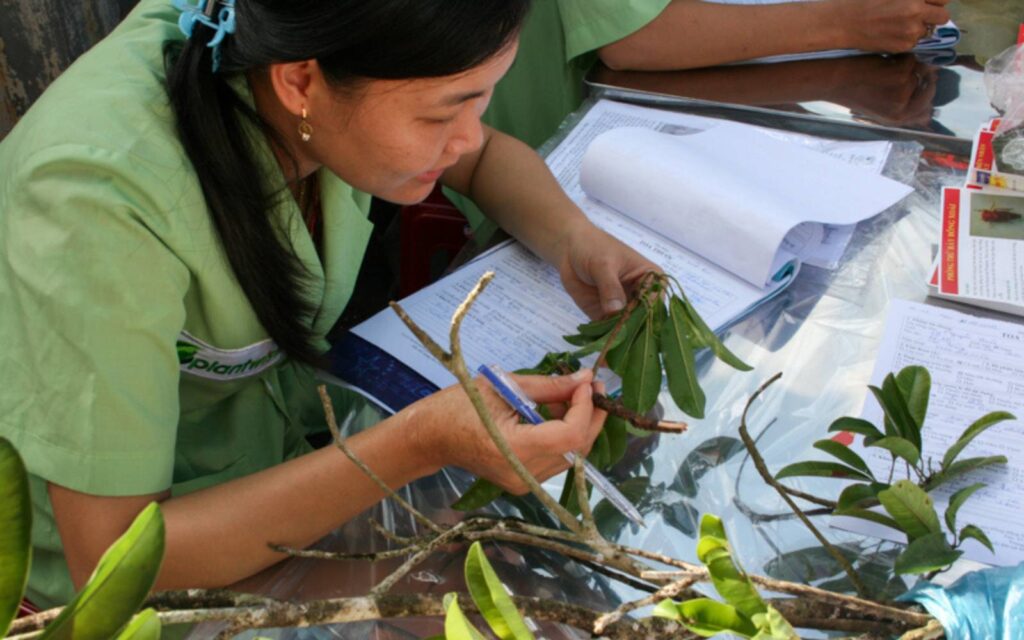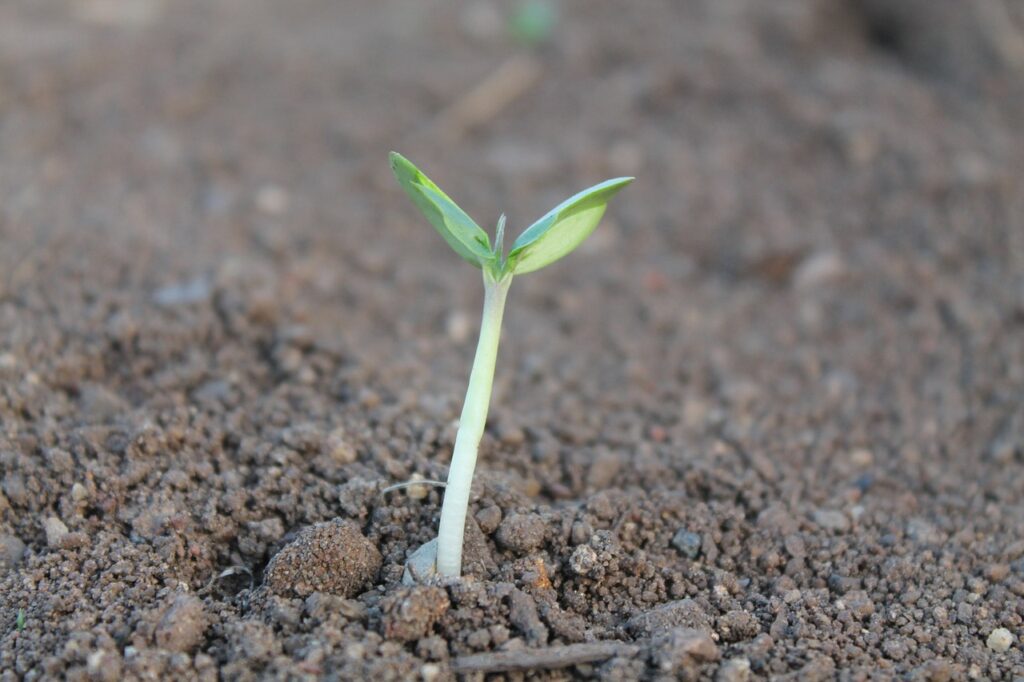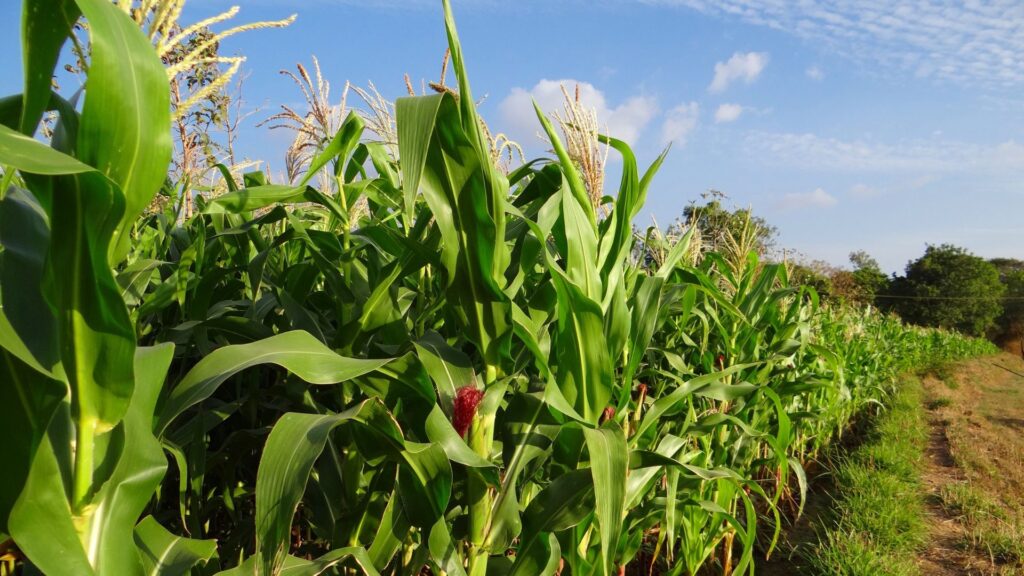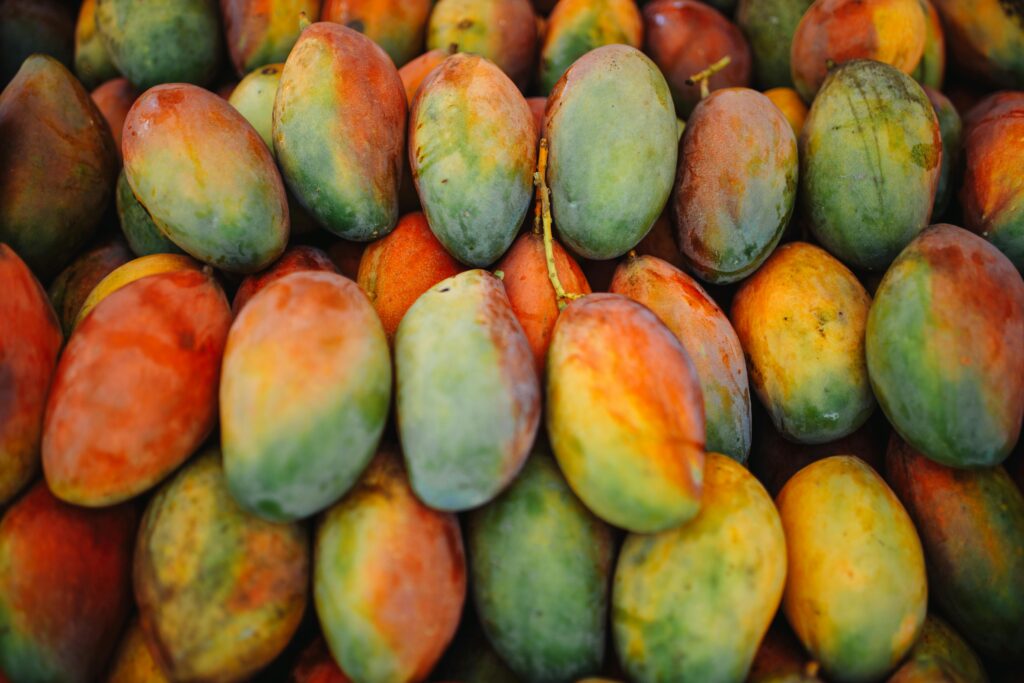Women farmers in Uganda: Plant clinic challenges and progress
When women play a greater role in agriculture, food security improves, and entire communities benefit. Yet, despite comprising around 43% of the rural agricultural workforce, women often face significant barriers to accessing the agricultural services they need to thrive. This includes advisory services, such as plant clinics, which support farmers in managing pests and diseases…
How do pest risk registers address the spread of plant pests in Africa?
Pest risk registers can help to solve problems in agriculture, addressing the growing global threat of plant pests. Moreover, changing weather patterns, led by rising temperatures, are causing them to reproduce faster and expand into new regions. In addition, global trade and increased movement of people are accelerating the spread of pests across borders. These…
Post-registration pesticide reviews: Experiences, learnings and best practices
CABI’s PlantwisePlus programme recently hosted a regional webinar on strengthening post-registration pesticide reviews. Experts from Kenya, Uganda, and Sweden shared lessons on risk-based frameworks, regulatory digitization, and regional collaboration. The event highlighted global best practices and the need for data-driven, adaptable systems to ensure pesticide safety and compliance.
How plant clinics are strengthening crop health services in Bangladesh
When the first-ever plant clinic in Bangladesh opened in Dhaka in 2013, it initially faced a lack of interest due to its novelty and limited awareness among farmers. However, it went on to expand, providing advice to over 17,000 farmers and led to the current 383 plant clinics that are active in Bangladesh today. Government…

